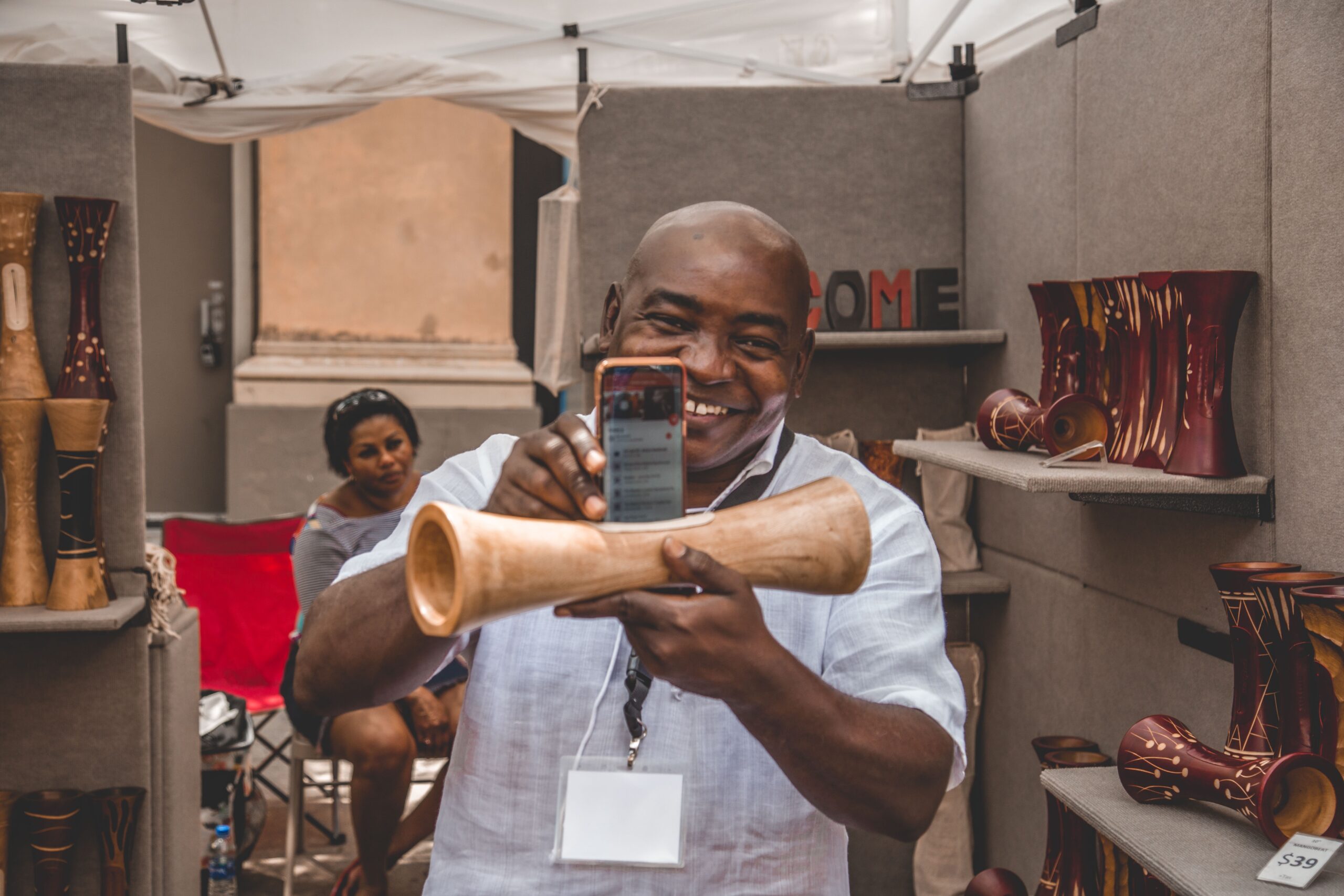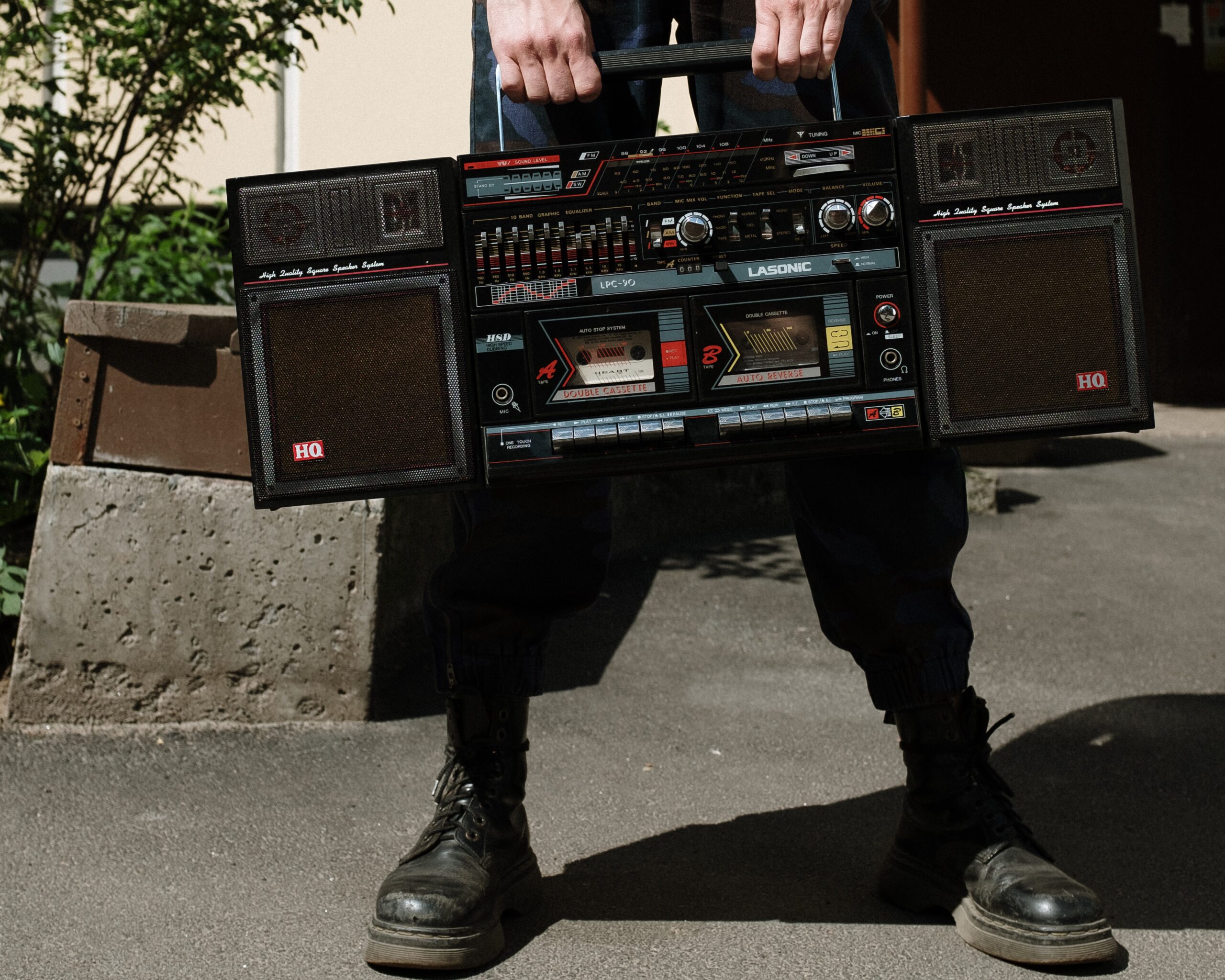THE TRUTH ABOUT BLACK FRIDAY, AND WHY BRANDS BOYCOTT THE BIGGEST SALE OF THE YEAR
Date
- Published November 1st, 2020
'Ideology of overconsumption is more dangerous to humanity than Hitler's ideology of totalitarianism'
Al Gore

Black Friday is time of the year when customers forgo turkey dinner and rush to stores for the thrill of unbelievable deals on goods. Started in the 1950’s, it remains one of the most anticipated events of the holiday season. Still, this exciting day of shopping is doing more harm than we want to acknowledge, chief of which is encouraging mass consumerism, as many consumers feel they need to buy things because of the event, not because they need them.
Customers derive an intense feeling when they beat other customers for the best prices on goods. As people trade blows and fist cuffs over the last, heavily-discounted electronic items, chaos ensures, and this is not a good sight. A PBS study found customers are more cranky and aggressive as a result of sleep deprivation so as to take advantage of the best sales, even when they don’t need them.
The real story behind Black Friday is, however, not as sunny as retailers will have you believe. The term was first used by police in the city of Philadelphia in 1951 to describe the chaos they faced on the day after thanksgiving when hordes of suburban shoppers and tourists flooded the city as they prepared for the big Army-Navy football game held on Saturday annually. The day was tough for Philly cops, as they could not take the day-off, instead, dealt with working extra-long shifts with additional crowds and traffic. Also, shoplifters took advantage of the chaotic situation to steal one or two items, causing more headaches for law enforcement.
But that is not the greatest problem with Black Friday. Its worst problem is the negative effect it has on our environment. After the frenzied shopping for items they don’t need, most people often end up discarding them. The most sought-after best deals on Black Friday include smartphones, TVs, and laptops, which filter into the fastest growing waste stream on the planet- electronic waste. This kind of waste contains components like lead and mercury, which leach into the soil. Also, large amounts of plastic used in creating these products end up not recycled, but in the ocean.
Some producers of fast fashion ramp up sales to take advantage of these high sales shopping days by increasing the production of clothes, which will likely be unused or underused and buried in landfills. This contributes a large proportion to global wastewaters and emissions.
Thankfully, some stores have taken a stand against this harmful consumerism, which is harming people than helping. We, at Unified Nature, will not be participating in these massive overconsumption sales come November and advocates people spend time at home or with nature instead. Some have boycott Black Friday sales for several years. In 2016, outdoor brand Patagonia donated all of its proceed from Black Friday sales to nonprofit environmental groups. A feat that went viral and helped Patagonia make $10 million in sales. Since then, more and more companies have since joined in to boycott Black Friday, with some like ByronBay Label, Spell choosing to sit the sales out and others donating their profits to NGOs.




